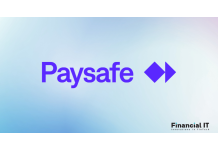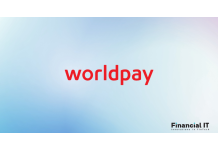Paysafe Enables Brazilian Gamers to Pay for Boosteroid...
- 24.11.2025 02:45 pm
Ant International Launches Alipay+ in Bahrain
- 24.11.2025 02:35 pm
Worldpay Accelerates the Future of Agentic Commerce...
- 24.11.2025 11:55 am
Pay With KuCoin Pay — Instant Pix. Zero Wait
- 24.11.2025 11:15 am
Akurateco Launches Integration With Rapyd, Adding...
- 24.11.2025 10:55 am
TerraPay Launches Xend - A Global Payments...
- 24.11.2025 08:50 am
Mastercard Accelerates the Future of Mobility With...
- 21.11.2025 02:35 pm
Mollie Ready for AI Payments Before OpenAI Launches in...
- 21.11.2025 12:45 pm
Klarna Deepens Partnership With Blackhawk Network to...
- 21.11.2025 09:25 am
Zilch Becomes Official Way to Pay for Arsenal Football...
- 21.11.2025 09:25 am
Aero Commerce Partners With DNA Payments to Deliver...
- 20.11.2025 01:55 pm
Diebold Nixdorf Supports Major European Drugstore...
- 20.11.2025 01:45 pm























